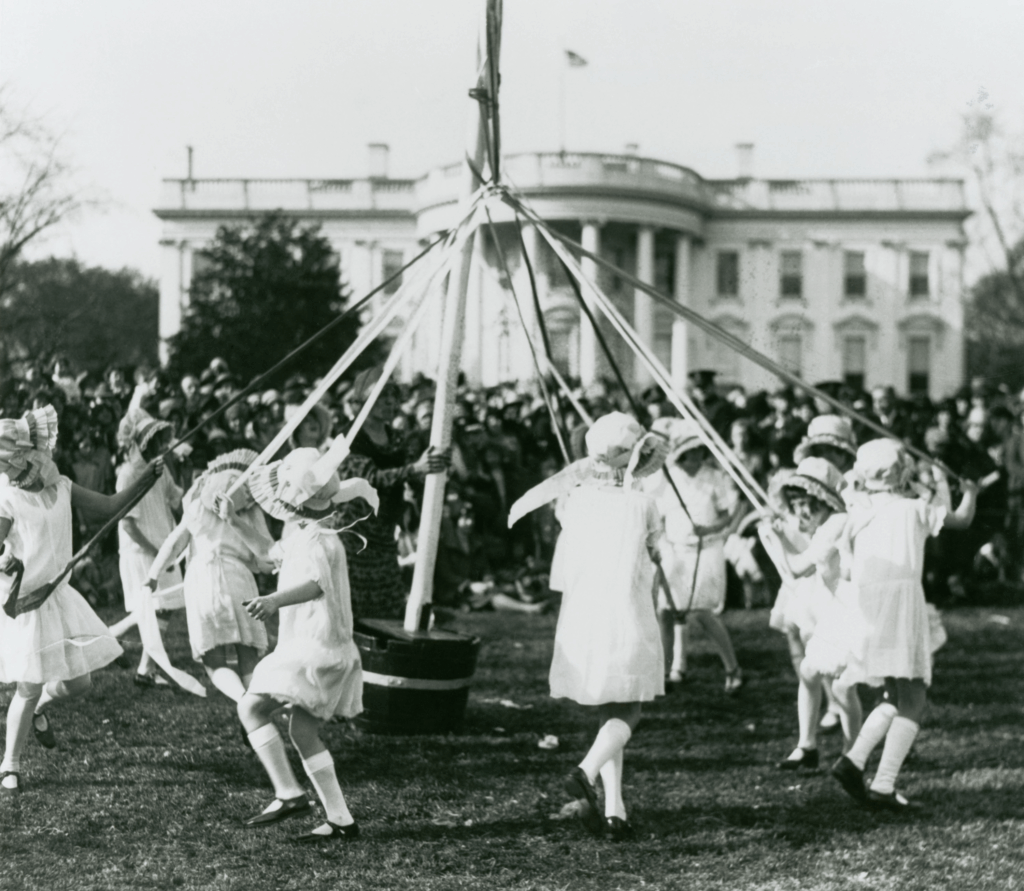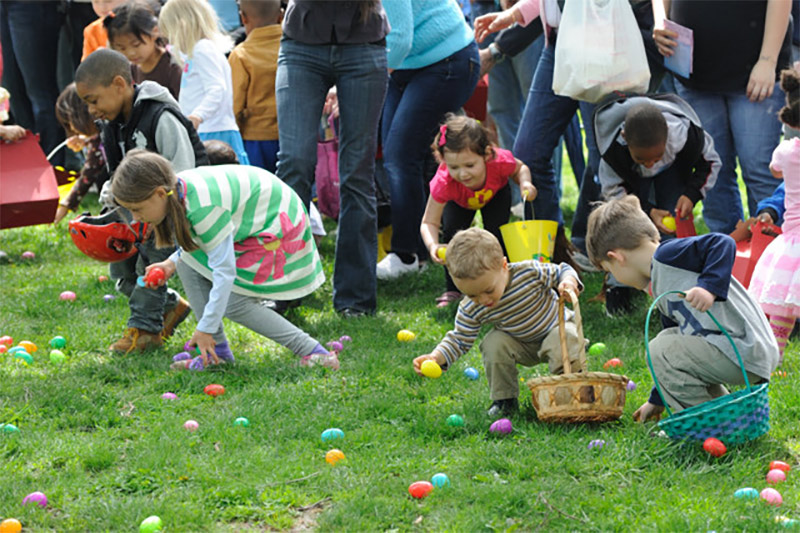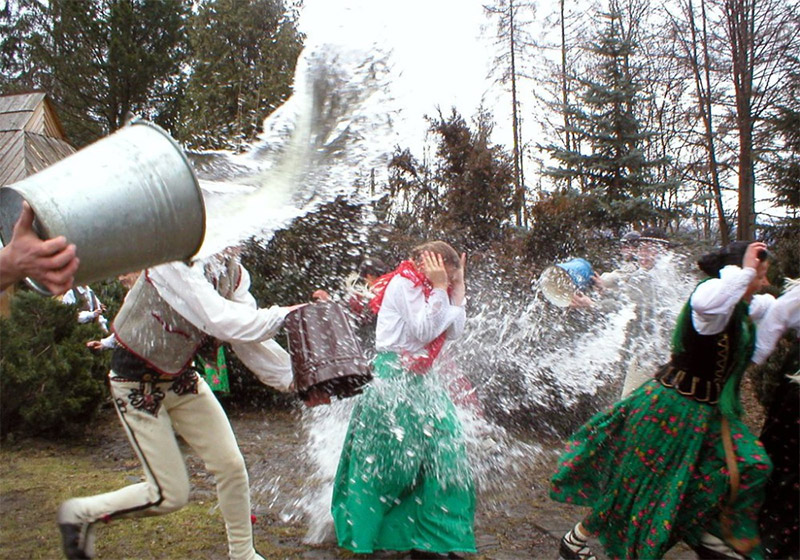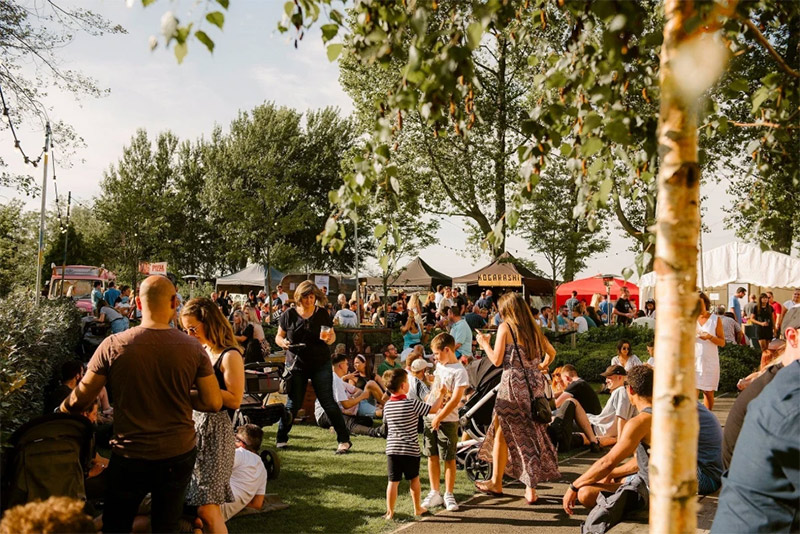Holiday
Easter Monday: Unique Tradition 2025
Easter Monday, or Bright Week, which follows Easter Sunday in the Catholic calendar, is a day of special significance and is celebrated in many countries around the world.
History and Tradition
Easter Monday originated in Christian tradition as part of Easter Week. In Christian times, the beginning of spring was associated with the crucifixion and resurrection of Jesus Christ, and this day was considered a day for the community to continue celebrating the festival after Easter Sunday. Symbols of the holiday include real eggs or eggs made from various materials, nests, sheep, and rabbits, or hares.

Activities on Easter Monday
Easter Monday is often accompanied by lots of fun and traditions and is also a day for many people to enjoy time outdoors with activities that vary from country to country.

- Egg Rolling: Children have participated in the game of rolling eggs down hills or special locations such as the White House since 1878.
- Water game (Śmigus-Dyngus): Water games (Śmigus-Dyngus): In many Polish communities and some Eastern European countries, children often play water games or have a tradition of splashing water on each other as a way of blessing and wishing for good luck.
- Religious Activities: Some churches hold special masses and prayers to continue commemorating Jesus’ resurrection.
- Community events: Many places hold parades, festivals, and outdoor activities to celebrate the day.

Differences between countries
Although Easter Monday is a holiday in many countries, its celebration and meaning are different. In the UK, Canada, Australia, and Germany, Easter Monday is an official holiday. But in the US, it is not a public holiday, and only some states may hold special events, or in France, it is part of the Easter holiday and is celebrated with family activities and local festivities, while in Italy and Spain, the day is often reserved for picnics or visiting relatives.
Easter Monday in Today’s Life
Today, Easter Monday is no longer as religious as it once was but has become primarily a time for people to rest, relax, and engage in social activities. In modern times, it helps promote tourism and shopping, as many people take advantage of the day off to go out or shop.

Conclude
Easter Monday is an important part of the Easter holiday, with both religious and cultural significance. Although the way it is celebrated may vary from country to country, the overall spirit of the day remains one of joy, togetherness, and relaxation. As society evolves, the day may continue to change, but it still holds a special place in the holiday traditions of many countries around the world.



